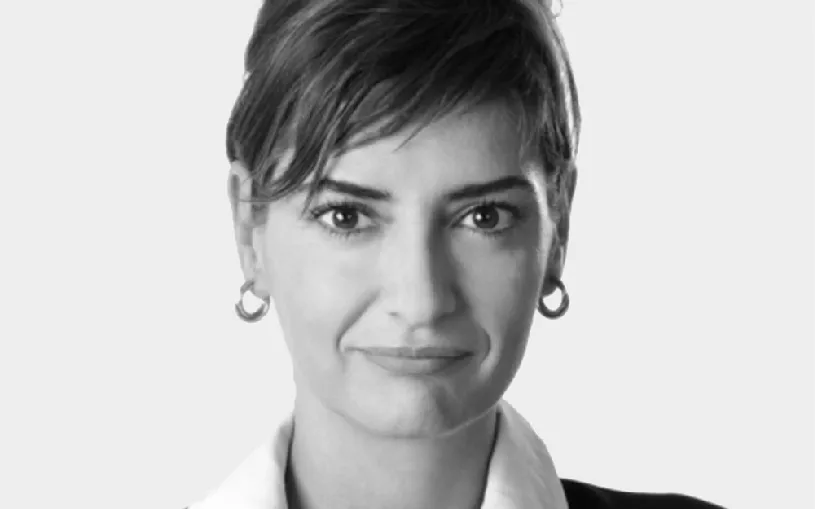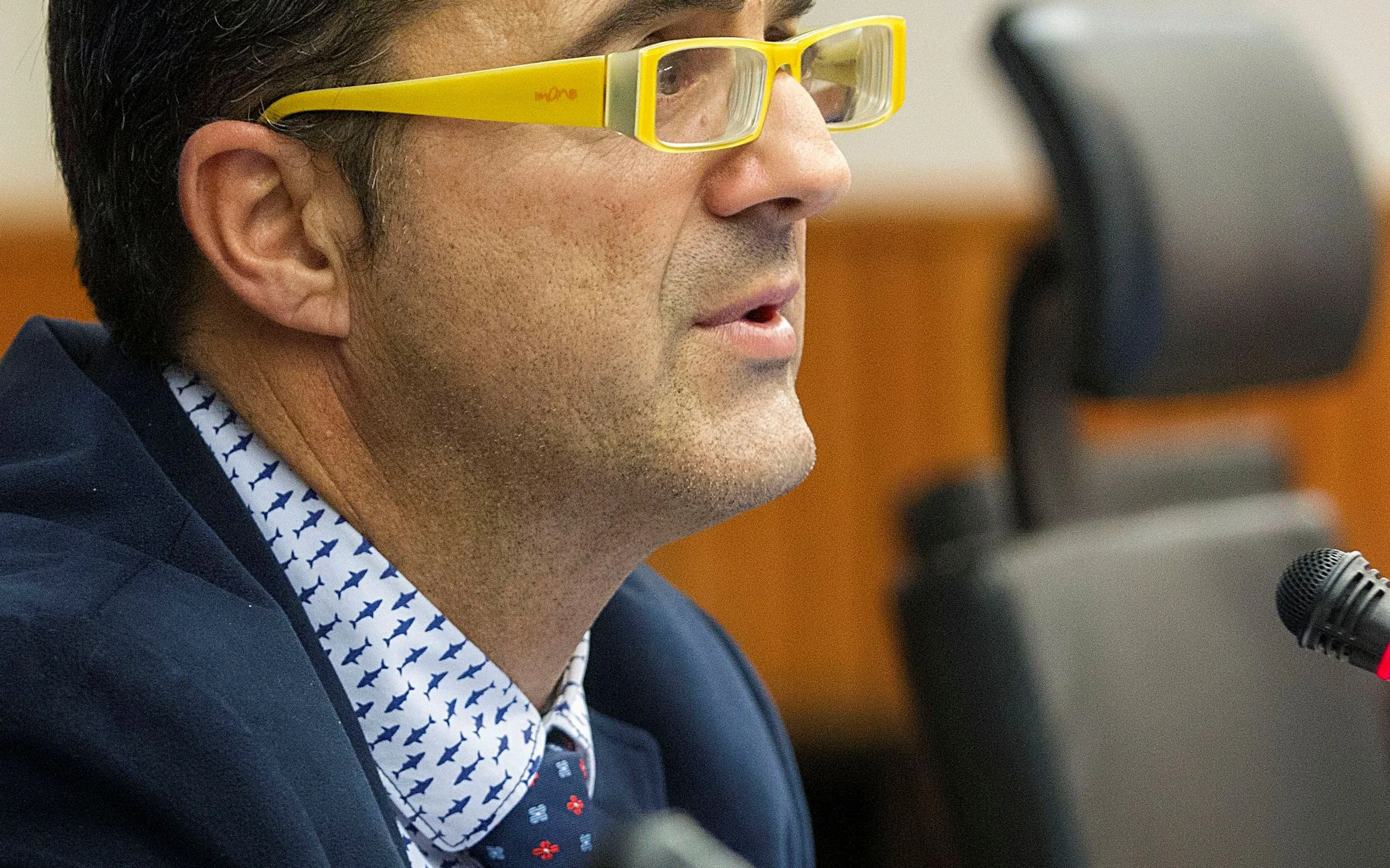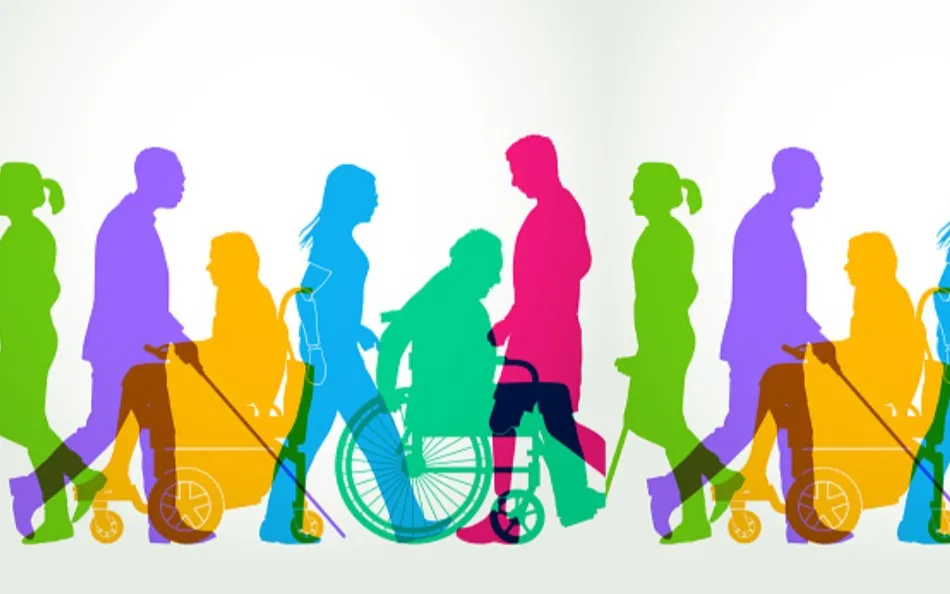The treatment of the outbreak by the media has put the population on alert. However, experts are asking not to be alarmed by this situation and to carry out a set of measures to prevent the virus.
We are in the Information Age. We constantly get multiple data and news through different channels. It is in situations like the one we are currently living with the coronavirus outbreak when it becomes obvious that behind the information we receive, there is not always quality. Few media outlets try to explain the situation to the population without scaremongering. For this reason, experts want to send a message of calm.
Besides the important preventive measures carried out by the administrations in some areas of the state, disinformation is the cause of the alarmism among the population. Therefore, one of the most important recommendations given by the experts is to keep informed but always through official channels.
The Red Cross takes part in the technical committee driven by the Departments of Health and Interior that standardise this situation. Enric Morist, Catalonia's Red Cross coordinator, assures that the information is very transparent in these meetings and that "we work to prevent the infections as much as possible".
Not all the information regarding the virus and the condition is yet available: some patients have suffered from mild symptoms and others from more severe ones. As with the common flu, experience tells us that the condition is more dangerous for the elderly and other groups at risk. In any case, most of the detected cases so far have been either mild or moderate.
Symptoms and recommendations
The coronavirus is a condition caused by the Covid-19 virus, discovered earlier this year in the Chinese city of Wuhan. The experts believe that the virus is transmitted by direct contact with respiratory secretions generated by the cough or sneeze of a sick person. The most common symptoms are similar to those of the flu, i.e. general malaise, fever and coughing. In some of the moderate cases, it can cause shortness of breath. In the most severe cases, the infection can cause pneumonia and other complications.
When coughing, it is recommended to cover the mouth with tissues - to be thrown once used - or the inside of the elbow, since the infection to another person is caused if the secretions come in contact with their nose, eyes or mouth. The use of a mask is only advisable in confirmed and suspected cases with severe symptoms. Mask is not advisable for healthy individuals.
Another recommendation is to wash the hands properly, as well as to keep spaces clean. Hand hygiene is a capital thing; frequent washing with soap and water is recommended. The washing needs at least 20 seconds in order to assure the cleansing of both hands. If it is not possible to do so at any time, it is also recommended to use an alcohol-based hand gel. Occasionally, it is recommended not to wear contact lenses and to avoid touching the glasses often.
In case of showing the symptoms described above, it is recommended to call the health services to follow the necessary indications according to the protocol. Morist explains that if a confined person has symptoms, it can be a problem on a logistical level but there is no need to worry since it does not mean that the person is sick. "The sick are already being taken care of by the health system", he says. With this statement, he also pretends to lighten the work of the professionals that take care of the sick.
The coordinator of the Red Cross in Catalonia advises de-escalating the alarm with information. "People is afraid, mostly the elderly, thus it is important to protect them and the people with breathing difficulties", he says. Morist asks the population to call their parents, grandparents and elderly neighbours frequently and to worry about them.
Assistance for vulnerable groups
The Red Cross is one of the most active NGOs regarding the current situation. Nowadays, it is performing several actions, such as individualised phone calls to 46,000 elderly and lonely users. "It is a decentralised campaign by phone in which we provide information to these vulnerable people, we listen to them and answer their questions", says Morist. He adds that this follow-up work is carried out from proximity from 62 territories in Catalonia.
The organization has also begun several awareness and information actions with key preventive messages. It intends to de-escalate the alarm and to spread information from official among staff, volunteers, members and the general population. One of its actions is a free online course that provides information about the Covid-19 virus and directions on how to prevent its infection.
"It is open to anyone and it just takes fifteen minutes and uses a simple language. It intensifies the training for all kinds of people: organizations, professionals from the social sector, journalists, etc.", explains Morist.









Add new comment